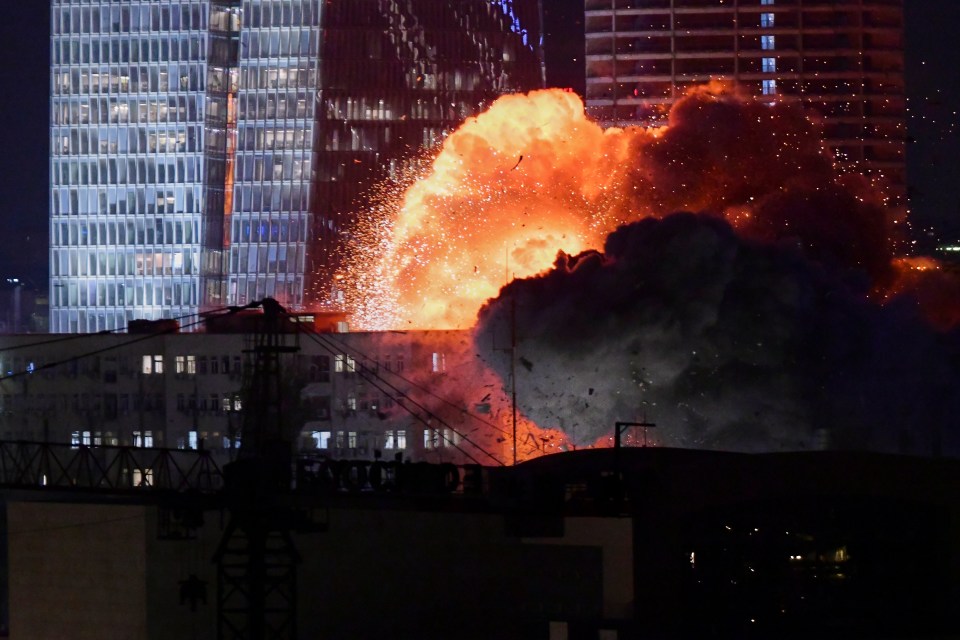UNITED NATIONS (BN24) — Iran’s ambassador to the United Nations told an emergency session of the U.N. Security Council on Friday that Israeli airstrikes killed 78 people and wounded more than 320, most of them civilians, in a sweeping military campaign that struck multiple sites across Iran. The ambassador, Amir Saeid Iravani, also accused the United States of complicity in the attacks, alleging Washington provided both intelligence and political cover for Israel’s assault.

“The overwhelming majority of the victims were civilians, including women and children,” Iravani said. “By aiding and enabling these crimes, the United States shares full responsibility for the consequences.”
The devastating death toll comes as tensions between Israel and Iran have exploded into direct conflict, with Israeli warplanes targeting Iranian nuclear facilities, military command centers, and senior officials, including top scientists. Iravani described the Israeli operation as a “barbaric and criminal attack,” branding it a flagrant violation of international law and a clear act of state terrorism.
The Iranian government reported that many of the 320 injured were non-combatants caught in densely populated areas hit by Israeli strikes. The attacks, which marked one of the most expansive Israeli military operations against Iran to date, prompted an immediate response from Tehran.
Just hours later, Iran launched dozens of long-range missiles targeting Tel Aviv and surrounding cities. Israel’s emergency medical services said at least 34 people were wounded, including a critically injured woman trapped under rubble. In Ramat Gan, east of Tel Aviv, rescuers worked to free 15 residents trapped inside a home that was hit during the barrage. The missile strike damaged multiple buildings and destroyed several vehicles.
Yossi Griver, a spokesperson for Israel’s Home Front Command, said the home had been full of families gathered for Friday night dinner, including many elderly residents. Scenes from the affected neighborhood showed homes with walls torn away and charred vehicles lining the streets.
At the U.N., Iravani emphasized that Israel’s strikes were not only aimed at military figures but also specifically targeted Iranian nuclear scientists, an act Tehran sees as a direct threat to its sovereignty and scientific advancement.
“These atrocities are part of a larger pattern of aggression by Israel, targeting both civilian infrastructure and key elements of our national defense,” Iravani told the Council.
The Israeli airstrikes came amid growing alarm over Iran’s expanding nuclear program, which has recently advanced its uranium enrichment efforts despite international pressure. Israel has long warned it would act unilaterally if it believed Iran was nearing the capability to build a nuclear weapon.
While past U.S. administrations had sought to deter Israel from launching a preemptive strike — fearing it would ignite a wider regional war — Iran now contends that the U.S. enabled the current assault.
Iran’s Supreme Leader Ayatollah Ali Khamenei declared that Israel would not “escape safely from this great crime,” vowing further retaliation for the deaths and destruction wrought by Israeli airpower.
As smoke and flame from missile interceptions lit the skies over both countries, global leaders called for restraint. However, both sides appeared poised for further escalation, with mutual threats and military deployments accelerating across the region.



